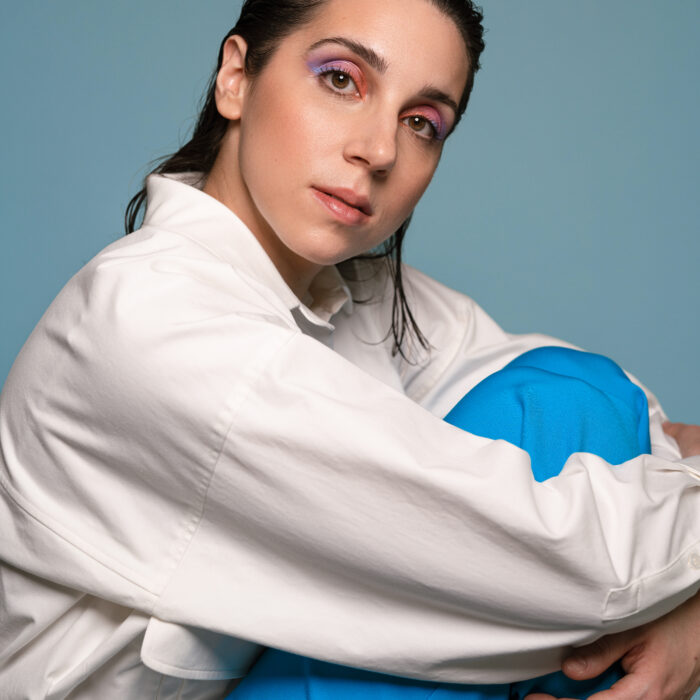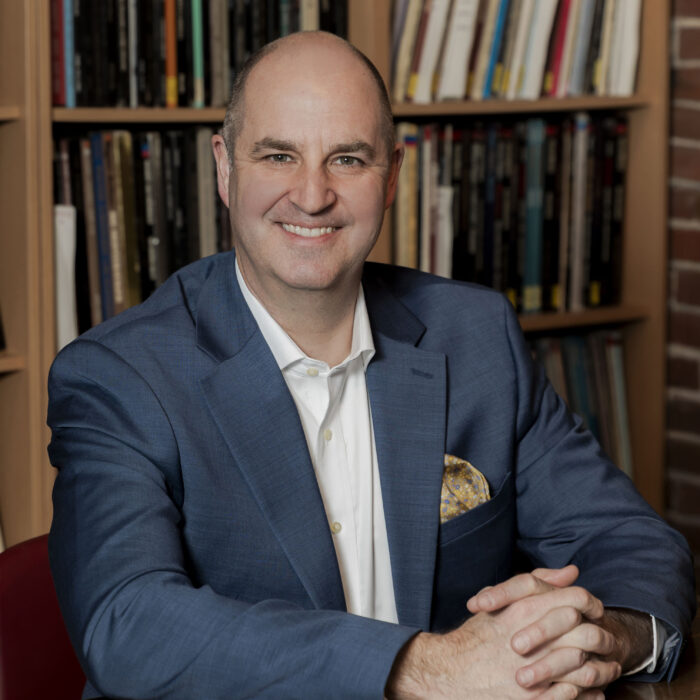
Q & A: Soprano Julie Fuchs on Baroque Music & Expanding Her Operatic Career
By Christina Waters(Photo: Olivier Metzger)
French soprano Julie Fuchs has been busy thrilling opera audiences all over Europe with her wide-ranging repertoire, from Baroque to contemporary. She is currently making her American debut in the title role of Händel’s “Partenope” at San Francisco Opera. A lifelong singer, Fuchs began her musical training in Avignon before going on to study at the Conservatoire National Supérieur in Paris. A busy recitalist and recording artist, Fuchs champions the accessibility of opera for everyone. And has put her digital energy toward that end by launching, in 2018, a social media initiative, Operaisopen, filled with posts, videos, interviews and contests devoted to promoting the idea that opera is open to all. Fuchs’ most recent season began performing Norina in “Don Pasquale” at the Opéra National de Paris, followed by her Gilda in Verdi’s “Rigoletto” at Madrid’s Teatro Real.
A specialist in Baroque opera, Fuchs is utterly at home in the early modern era of music, drama, staging and costume interbraiding that was characteristic of the infancy of opera. Here was early storytelling by way of music, usually set amidst charming scenic design and intricate musical ornamentation. Lots of trills. “Partenope,” written by Händel mid-career in 1730, is loaded with the sprightly tropes of Baroque opera—gender disguises, romantic turmoil and trickery, multiple suitors for the hand of a fickle love object, in this case the Queen of Naples. A lot like Shakespeare, himself a Baroque era storyteller. Add a huge helping of madcap humor and you have Fuchs’ latest star vehicle.
Operawire caught up with the busy bel canto soprano during rehearsals for “Partenope,” and found out a bit more about this emerging star.
OperaWire: What continues to challenge and intrigue you about Baroque vocal music?
Julie Fuchs: Baroque music gives a performer a lot of freedom, and each role, conductor and team that I work with gives me new challenges and deepens my knowledge of this repertoire. I love exploring new interpretations, and writing my own vocal variations for each aria. In the case of “Partenope” here in San Francisco, I am also exploring a new role, and a character that is so fun to play!
OperaWire: Tell us about the special charms Händel holds for you? Do you need to prepare in a certain way when you approach the repertoire of this period? e.g. arias; recitatives?
JF: I have been lucky enough to work with great conductors of this music, including Emmanuelle Haïm in “Cleopatra” and Marc Minkowski for La folie in “Platée.” They have both taught me a lot about this style. Speaking from a vocal technique perspective, as with any role, I sing it with my own voice, and don’t try to make it fit into a certain mold. In my lessons, I do work on the challenges that the role might present, such as the coloratura passages, or large interval jumps—Partenope has quite a few! Händel wrote so many gorgeous melodies. They are well constructed yet very catchy/easy for a listener the first time they hear them. This takes so much skill! The way he portrays emotions with his music is extraordinary, from heartbreak to anger to love, he nails it every time.
OperaWire: Many of us fantasize about appearing in gorgeous costumes surrounded by romantic onstage companions. Is it engaging to you?
JF: Elaborate costumes can be fun, although they sometimes present challenges such as movement restrictions or carefully timed bathroom breaks! In “Platée” at Opéra national de Paris, I had a dress made out of pages of music from a score! That was fun, and I have such respect for the creativity of costume designers! Not only do they have to create our costumes by hand, they also have to deal with technical aspects of the production and fit them to each singer. They are amazing.
Being surrounded by wonderful colleagues on stage, and pretending to fall in love can be a very special experience…or not! It all depends on who my colleague is. Our job is to make the audience feel the feelings of falling in love, but those feelings are not always for us to experience as well.
OperaWire: Is “Partenope” your first West Coast operatic appearance?
JF: This is my American debut! I am really happy to be here and sing at San Francisco Opera! At times like this, I am glad that social media exists so I can keep connected with my followers in Europe, and bring them along with me, and then bring my new American friends with me in Europe.
OperaWire: What’s next for you in conquering the world of opera? Do you have a specific goal in mind as your voice expands in range and depth? Italian opera, for example?
JF: I am looking forward to continuing to grow as an artist. I recently did a concert tour with my friend and wonderful colleague Alphonse Cemin, and I really enjoyed creating that program and creating a special experience for the audience. I really like to connect with them and share music in a special and intimate way. I would love to do some more of that work. And I am looking forward to recording my next album. In terms of repertoire, I would love to do Manon in Massenet’s “Manon,” and Violetta in “La Traviata.” But these would have to be in the right conditions for me and my voice, in terms of the size of the house and the artistic team. For now I will focus on next season, which I am very excited about: “La fille du Régiment” at Opéra Bastille de Paris, reviving productions I love in houses I love, “Roméo et Juliette” in Zurich and “Giulio Cesare” in Barcelona—and making my debut at La Scala!



